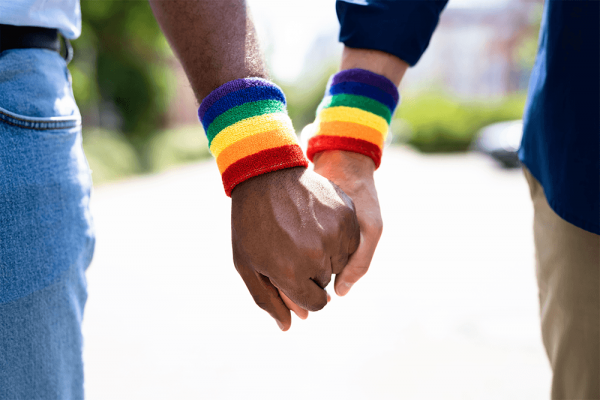Jun 3, 2022
Over 65 percent of Black Protestants, Hispanic Catholics, white Catholics, white mainline Protestants, and white evangelical protestants say their friendship networks are exclusively heterosexual. Eighty percent of white evangelicals said they did not have any LGBTQ people in their friendship network, while 56 percent of religiously unaffiliated people said the same.
Read the Full Article

Already a subscriber? Login
